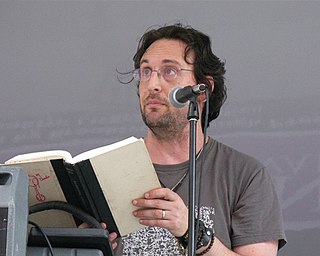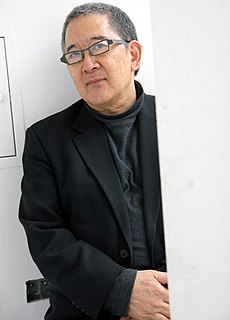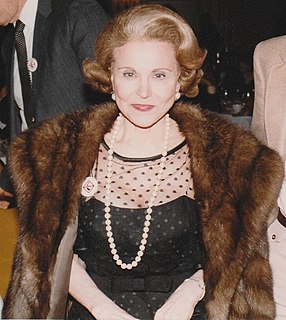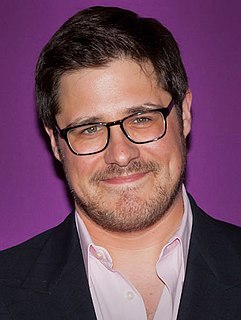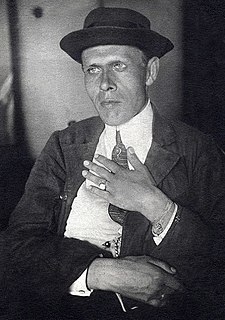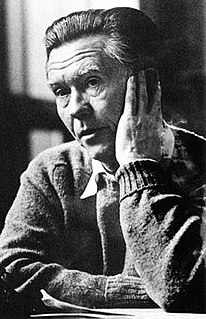A Quote by Philip Roth
Of course you bank on your experience, but as a sounding board. It isn't that you write down what happens to you every day. You wouldn't be a writer if you did that.
Related Quotes
I try to write every day, preferably first thing in the morning. Of course, there are days when something happens to interfere with this ideal schedule. Then I try to find time later in the day. I usually work at home, but sometimes, for a change I'll go to a library or a cafe. And I like to read poetry before I sit down to write.
Every writer knows that when you're imitating somebody - you know, you're sounding like Faulkner - you're doing pretty good, but your life in Hoboken isn't Faulkneresque. So you get that kind of shortfall between the actual experience of the writer and the things he's hungry to express and the voice itself.
No matter what difficulty you are facing, it is coming from Divine Light to bring you to a higher place within. Write down every conceivable reason that this situation can contribute towards your growth. Write down every way this experience can possibly set the stage for serving to uplift others. When you are complete, and have come to the other side of this experience, you will then know 'why' it happened.
I think every responsible public board at every board meeting should be discussing succession. And, of course, Walmart has a very mature board: our chairman Rob Walton and other members. So succession is an ongoing. I think when I first joined the board of directors, it was discussed then. And it's discussed at every board meeting continually.
If you're going to be a writer you should sit down and write in the morning, and keep it up all day, every day. Charles Bukowski, no matter how drunk he got the night before or no matter how hungover he was, the next morning he was at his typewriter. Every morning. Holidays, too. He'd have a bottle of whiskey with him to wake up with, and that's what he believed. That's the way you became a writer: by writing. When you weren't writing, you weren't a writer.
Imagine you had a bank that each morning credited your account with $1,440 - with one condition: whatever part of the $1,440 you failed to use during the day would be erased from your account, and no balance would be carried over. What would you do? You'd draw out every cent every day and use it to your best advantage. Well, you do have such a bank, and its name is time. Every morning, this bank credits you with 1,440 minutes. And it writes off as forever lost whatever portion you have failed to invest to good purpose.
Three times a year, there's Strategicon convention, and I go for the board games. It happens Presidents Day, Labor Day, and Memorial Day weekends. You go and take a look at the new board games and meet a couple of board game designers, and you can check out games you don't own from the library and then return them.
The lesson for Asia is; if you have a central bank, have a floating exchange rate; if you want to have a fixed exchange rate, abolish your central bank and adopt a currency board instead. Either extreme; a fixed exchange rate through a currency board, but no central bank, or a central bank plus truly floating exchange rates; either of those is a tenable arrangement. But a pegged exchange rate with a central bank is a recipe for trouble.
Three times a year, theres Strategicon convention, and I go for the board games. It happens Presidents Day, Labor Day, and Memorial Day weekends. You go and take a look at the new board games and meet a couple of board game designers, and you can check out games you dont own from the library and then return them.
When you decide 'to be a writer,' you don't have the faintest idea of what the work is like. When you begin, you write spontaneously out of your limited experience of both the unwritten world and the written world. You're full of naïve exuberance. 'I am a writer!' Rather like the excitement of 'I have a lover!' But working at it nearly every day for fifty years ? whether it is being the writer or being the lover ? turns out to be an extremely taxing job and hardly the pleasantest of human activities.







